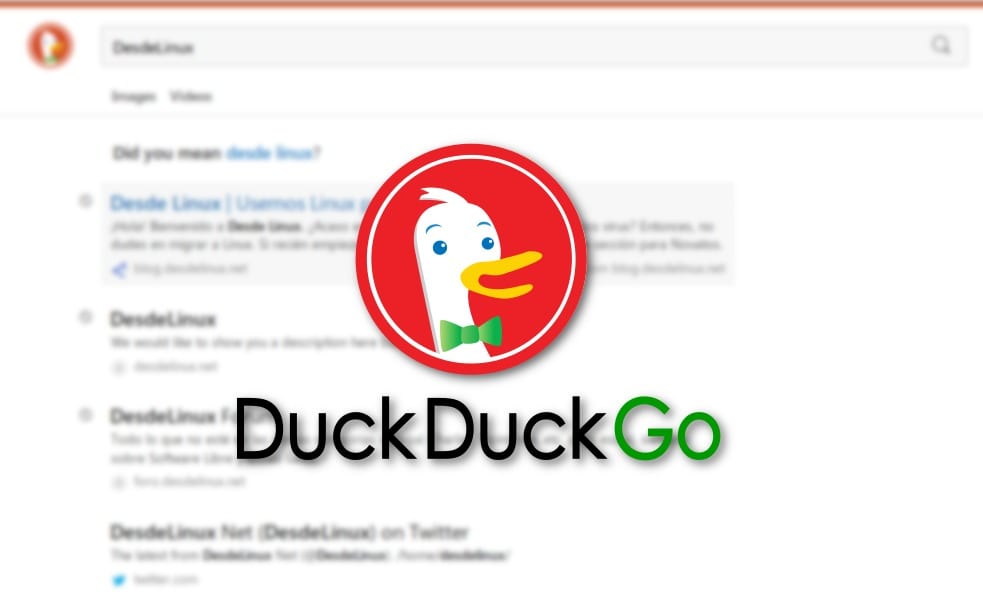
Large advertising agencies are using increasingly invasive tools To deliver targeted advertising, either a single site or app can contain dozens of trackers, creating a detailed profile of who you are and what you do online.
After Cambridge Analytica and countless other data protection scandals, the danger of misuse of these profiles has been illustrated. Given all this, Gabriel Weinberg, CEO of DuckDuckGo, has prepared a new campaign to reactivate the Do Not Track standard, a confidentiality system first established 10 years ago and largely abandoned by the industry.
The Do-Not-Track Act, the new commitment to privacy
Weinberg has drafted a law called The Do-Not-Track Act of 2019, which aims to give this rule legal force that you've never had before. According to him, this is the easiest way to solve the problem of online advertising.
"Do not track is something you can do that will help you not be tracked," Weinberg said. "All that's left to do is give it the regulating teeth."
Weinberg wishes to grant legal scope to Do Not Track
Weinberg has yet to secure the signatures of lawmakers and bills like this have gotten stuck in Congress multiple times before.
As the CEO of a privacy-friendly search engine, Weinberg has a clear interest in disrupting the online tracking ecosystem.
But his main goal in implementing the bill is to revive interest in a confidentiality standard that has been abandoned by the majority.
Of course, can still be set in most modern browsers in Do Not Track, but there are many websites that ignore this setting, without a clear idea how to follow it. However, even if the signal has little practical value.
For Weinberg, this is where the government would step in. Your bill will introduce strict rules on how to treat users who use this opt-out setting, toyes as clear penalties for sites and advertising networks that do not comply with the rules.
"The government needs to establish what it really means to stop tracking," Weinberg said.
Under this bill, any third party tracking would be disabled by default for any user sending the DNT signal.
Advertising networks must respect the user's decision
Tracking by a data subject would also be limited to "what the user expects" to limit the abuse of services like Facebook, large enough to form a network in its own right.
There would also be exceptions Built-in network management and search functions to minimize disruption to new metrics.
If Weinberg's proposal were successful, it would probably be an unexpected revival for the Do Not Follow standard first introduced in 2009, the Do Not Track idea is simple:
If the user does not want to be followed by online advertisements, they should be able to say so, and websites must honor this preference.
Inspired by the list of excluded phone numbers for telemarketers, this idea was quickly reduced to a contract between browsers and websites.
When they contact a web server to load a site, browsers now include a code snippet if the user has chosen not to be crawled. If a website saw this code in its request, it would not get any tracking information. It was as simple as that.
The entire system was intended to be voluntary, with users, browsers, sites, and advertisers opting for the standard on their own terms.
It was a way to dissipate the damaging effects of web tracking without wasting so much money on advertising. As with most privacy settings, it was assumed that few people would turn on the Do Not Follow feature and having this option available made the entire system less invasive.
Around 2012, everything fell apart. It's hard to find a specific reason, but the breaking point This was when Internet Explorer decided to enable the Do Not Track feature by default, what the ad networks considered a violation of the agreement.
Soon the sites changed the DNT rules to explicitly ignore all requests made by Internet Explorer, the whole system was fragmented, and the sites were given a free pass to ignore it. In 2011 and 2012 a number of "Do Not Track" queries were blocked and most privacy groups have been moved.
When can we expect duckduckgo for Linux?
It is hard to live without it.